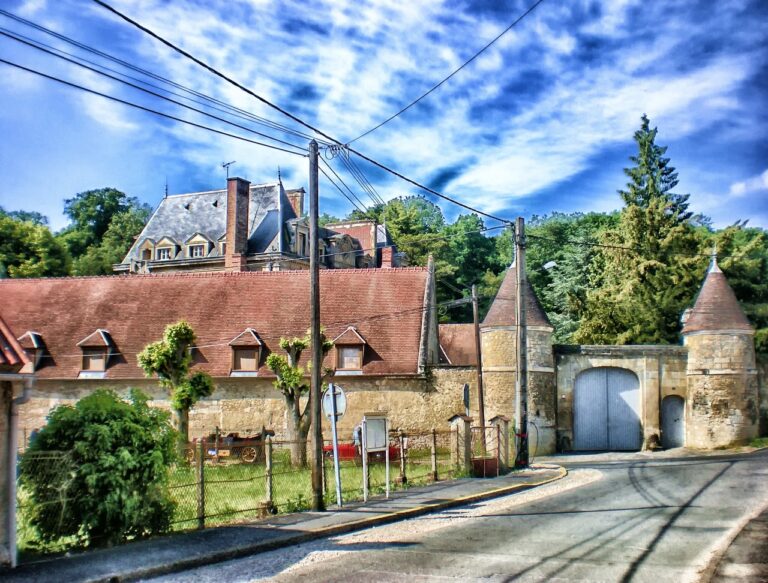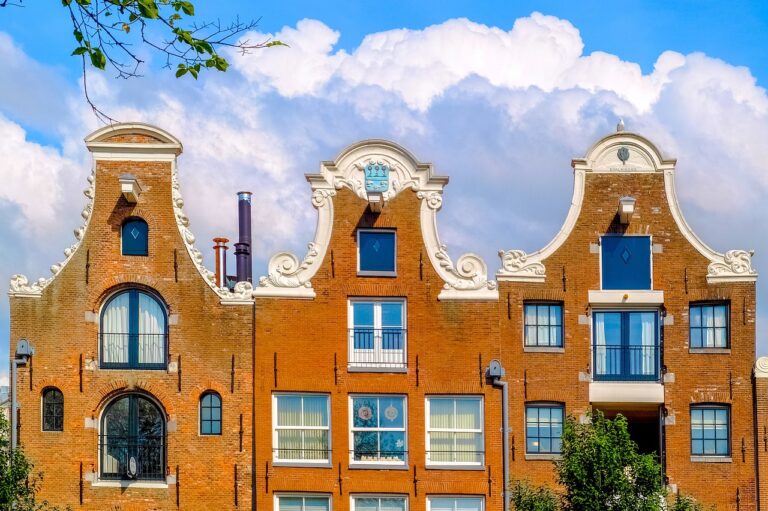Tips for Troubleshooting Air Conditioning Issues in Older Homes
Aircon Repair Singapore: When dealing with air conditioning systems in older homes, it is crucial to be aware of the common signs that indicate potential problems. One noticeable symptom is weak airflow coming from the vents. If you find that certain rooms are not receiving adequate cooling or the airflow seems restricted, it could point to issues within the system that need attention.
Another red flag to watch out for is unusual sounds emanating from the air conditioner unit. While some level of noise is normal during operation, loud or unusual sounds like banging, rattling, or screeching could indicate underlying issues with the unit. Ignoring these sounds could lead to more significant problems down the line, so it is essential to address them promptly.
- Weak airflow from vents
- Certain rooms not receiving adequate cooling
- Airflow seems restricted
- Unusual sounds coming from AC unit
- Loud banging, rattling, or screeching noises
- Could indicate underlying issues with the unit
Understanding the Age and Condition of Your AC Unit
When evaluating the age and condition of your AC unit, it’s essential to consider its lifespan. Most air conditioning systems have an average lifespan of 10-15 years. If your unit is approaching or has exceeded this timeframe, it may be more prone to breakdowns and inefficiencies. Additionally, older units are often less energy-efficient, leading to higher utility bills.
To assess the condition of your AC unit, look for visible signs of wear and tear such as rust, corrosion, or leaks. Inspect the unit’s components, including the compressor, coils, and refrigerant lines, for any signs of damage. Strange noises, unusual smells, or inconsistent cooling can also indicate underlying issues with the system. Regular maintenance and timely repairs can help prolong the lifespan of your AC unit and ensure optimal performance.
Checking for Clogged Air Filters
One way to ensure your air conditioning unit functions properly is by regularly checking for clogged air filters. Over time, dust, dirt, and debris can accumulate in the filters, affecting the airflow and efficiency of the system. This can lead to reduced cooling performance and higher energy bills. To prevent this issue, it is important to inspect and replace the filters as needed.
Clogged air filters can also contribute to poor indoor air quality, as they may not effectively trap allergens and other particles. This can result in respiratory issues and discomfort for you and your family. By keeping the filters clean and making it a part of your routine maintenance, you can prolong the life of your AC unit and ensure a healthy indoor environment.
How often should air filters be checked for clogs?
Air filters should be checked for clogs at least once a month, especially during peak usage times.
What are some common signs of clogged air filters?
Common signs of clogged air filters include reduced air flow, increased energy bills, and difficulty maintaining a consistent temperature in your home.
How can I check if my air filter is clogged?
You can check if your air filter is clogged by visually inspecting it for dirt and debris, or by holding it up to a light to see if any light passes through.
Can clogged air filters affect the performance of my AC unit?
Yes, clogged air filters can restrict air flow, causing your AC unit to work harder and less efficiently, ultimately leading to potential damage and higher energy costs.
How can I prevent clogged air filters in the future?
To prevent clogged air filters, make sure to change them regularly, keep your home clean, and consider investing in higher quality air filters.







